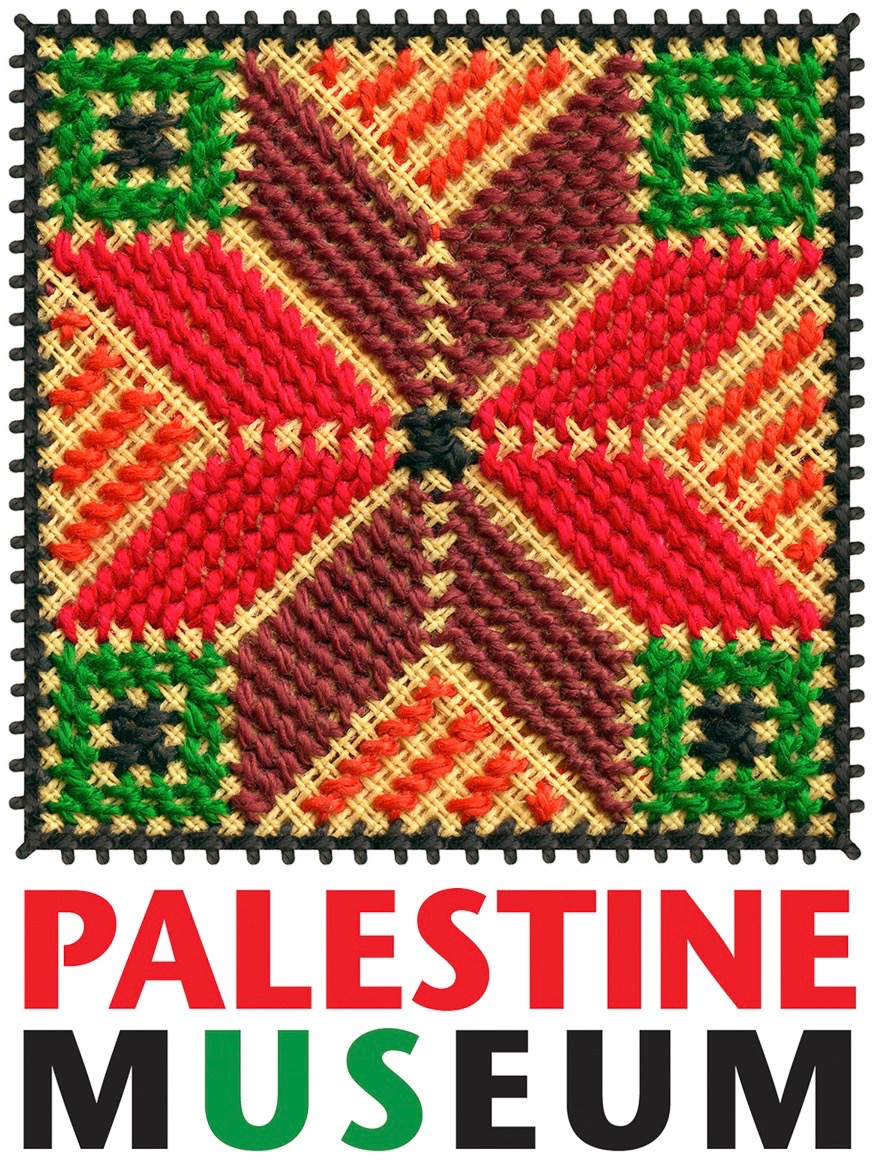Click here to watch the film trailer.
Click here to register for this event.
About the Film
The story of Israel’s Wall in Palestine, of its daily impact on Palestinian lives, has been told from many different perspectives. The other story, the story of the Wall and the broken promise of international law, is yet to be told. “BROKEN” tells that story. In 2004, the International Court of Justice (ICJ) declared the Wall illegal, and called on States to support its Advisory Opinion. Although international representatives pledged their governments’ support at the UN General Assembly no tangible results have emerged to date, to the contrary, the Wall is nearing completion.
Director’s Statement
From my house in the occupied Palestinian city of Ramallah I can see how the Wall encircles the city, blocking our horizon and imposing itself on the way we live, move and exist.
My first major film, “The Iron Wall”, was about this very subject. It was released a few months after the 2004 International Court of Justice’s Advisory Opinion. Then, I had hoped soon to see the end of the story of the Wall and its dismantlement. How naïve I was; the Wall is still there, titanic.
So when Stefan Ziegler, former head of the UN’s Barrier Monitoring Unit, suggested making a documentary about the ICJ opinion, my immediate answer was “yes”. The idea of “Broken” was born.
Our combined experience and the existence of enormous amounts of film archives from that time, allow us to reconstruct more than a decade of the Wall piece-by-piece, zooming in on the trail the Wall has left on the ground and in the International Community.
Many questions haunt me. What was the cause behind the international community’s failure to uphold the legal obligations, including “to respect and to ensure respect” of international humanitarian law? How can two UN resolutions and an ICJ Advisory Opinion be so easily disregarded, without action? Who is to be held responsible for such a failure? What does the failure to implement these high-level decisions mean for international (humanitarian) law and its relevance today? And where can the people whose lives were ruined by the Wall seek justice, and by which means? “Broken” is my attempt to address these questions.
“Broken” takes a direct and factual approach to the story, coming in from different angles and capturing the reality of the Wall. The story is supported by a very distinguished group of characters: judges, diplomats, experts, United Nations officials as well as Israeli and Palestinian voices. When the last image of “Broken” fades from the screen, some of these questions will be answered, others will be raised, and a whole tangled web of law, politics and power is exposed.
Producer’s Statement
As a delegate of the International Committee of the Red Cross, and later as head of the UN’s Barrier Monitoring Unit, and now as a film producer, I have been working on documenting the Wall’s impacts since 2005. I put my life’s blood into a job which could only be done by an outsider. When my Unit was disbanded in May 2013 due to lack of funds and lack of will, my job came to a sudden end. I asked myself, could I blithely leave my work there and continue my career elsewhere. Could I morally live with myself if I simply dropped my work and moved on to another job? Could I ignore a subject which I knew in more depth than almost anyone else? Could I abandon all these countless people, and all the communities directly impacted by the Wall, without regret?
Well, I could not! Because of my personal commitment and in all consciousness, I could not simply leave the Wall on the rubbish tip of history. So I decided to put all of my effort into a feature-length documentary film, capturing those questions I had previously put to diplomats, foreign ministers, army officers, and journalists, unrelentingly, in search of the answer of international law’s applicability. The Wall has contributed to worsening the Israeli-Palestinian conflict. But the Wall also represents an opportunity. Palestine seems to be an insoluble problem, probably the most intricate in the world, with so many cultures and their religions colliding in one small stretch of land. How does it get solved? The Wall brings the problems of the occupation into a very clear focus. If the international community has the will to deliver on its own promises, the resolution of conflict, based on the norms of international law, might be much more straightforward than could be anticipated. This is where the Wall and the precedent of the ICJ’s opinion can serve as a mechanism for change. It could mark the beginning of a process, applying international law universally, finally bringing two peoples together, if not in harmony, at least in toleration. More generally however, the Wall and the ICJ opinion also throw up vital questions, not only about international law in the current world, questions of the universality of international law, its coherence, the promises it makes, and its limitations, but also questions about the phenomenon of increasing walling-in of nations everywhere. This film will help increase awareness of international law’s potential in resolving this and other international conflicts. I have set up AdvocacyProductions – Dare to Envision – to produce documentary films aspiring to high ethical standards and inherent educational value.
Film Producer Stefan Ziegler


